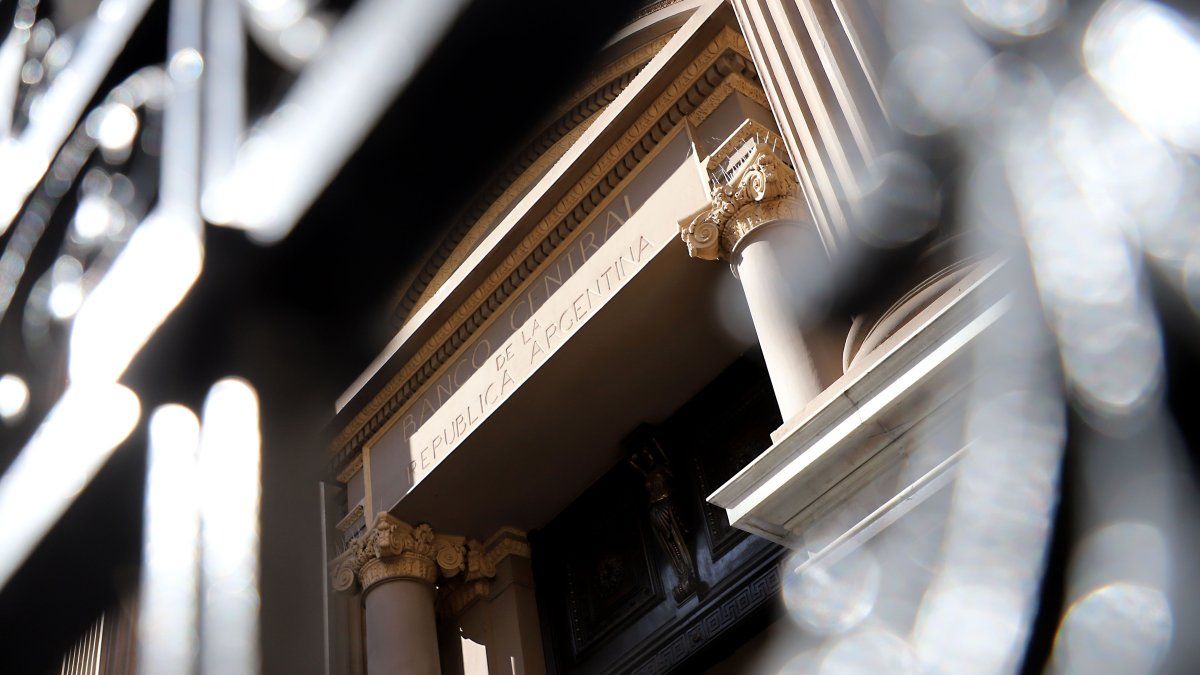The French have voted, the polling stations are closed and the first projections have been published. According to the numbers, Emmanuel Macron is ahead of Marine Le Pen.
Liberal Emmanuel Macron has been re-elected as French President. According to extrapolations after the polling stations closed on Sunday evening, he clearly prevailed against the right-wing EU critic Marine Le Pen. According to the broadcasters France 2 and TF1, Macron got about 58 to 58.2 percent of the votes, Le Pen only 41.8 to 42 percent.
Macron’s victory is primarily to be understood as Le Pen’s defeat. After the first round of elections, a number of parties called for a wall to be built against the right and for President Le Pen, who despite her decidedly more moderate demeanor still takes extreme right-wing positions, to be prevented from voting for Macron. The 44-year-old also benefited from the desire for stability in view of the Ukraine war. Nevertheless, many French people are dissatisfied with Macron’s first term and find his political style arrogant.
Macron’s election victory should be a great relief for Germany and Europe, even if the charismatic liberal is by no means the preferred partner everywhere. His opponent wanted to break away from the close cooperation with Germany that had been going on for decades.
The Eurosceptic nationalist Le Pen also sought to decisively curb the influence of the European Union in France, and could have put the brakes on a number of projects in Brussels out of self-interest. Last but not least, her proximity to Kremlin boss Vladimir Putin fueled concerns that the West’s solid pro-Ukraine front could crumble under Le Pen.
The outcome of the runoff is uncertain until the end
As early as 2017, the then political star Macron and the right Le Pen faced each other in the runoff election for the presidency. At that time, however, Le Pen was much more clearly inferior to her opponent – she only got a third of the votes.
Macron, who relied on economic progress during the election campaign, managed to get into the Élysée Palace in 2017 with his movement La République en Marche. At that time a more left-wing candidate, he now increasingly represents liberal-conservative issues. Before becoming president, the northern Frenchman worked as an investment banker, advised socialist President François Hollande and was Minister of Economy from 2014 to 2016.
According to the Ministry of the Interior, 63.23 percent of voters cast their votes by 5 p.m. Voter turnout was thus almost 1.8 percentage points below the afternoon rate of the first election round on April 10. In comparison to the presidential election five years ago, participation has also declined. At that time, 65.3 percent had already voted in the second round by the afternoon.
The decisive factor was who could win over more voters from foreign camps. The main concern was the more than 7.7 million voters who voted for third-placed leftist Jean-Luc Mélenchon in the first round.
Source: Stern
David William is a talented author who has made a name for himself in the world of writing. He is a professional author who writes on a wide range of topics, from general interest to opinion news. David is currently working as a writer at 24 hours worlds where he brings his unique perspective and in-depth research to his articles, making them both informative and engaging.




